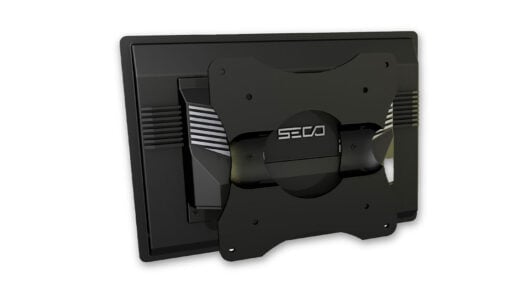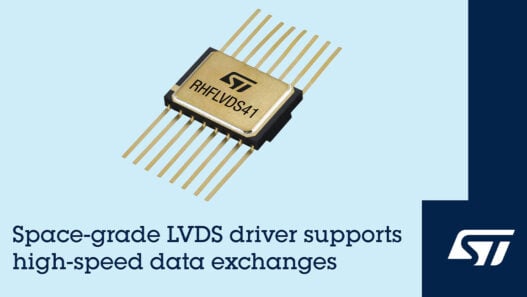Total Metaverse real estate sales reaching over $500m last year. Predicted to hit almost $1bn this year, it remains unclear how big a part of our lives the Metaverse will become but many are taking huge chances.
The Alliance of Global Advisors questioned whether the Metaverse takes the ‘real’ out of real estate. This is a valid question that many continue to ask.
Why are people investing so heavily in the Metaverse?
Reportedly, the cheapest piece of land in the Metaverse this year was approximately $10,000 (£8,000).
If you think this sounds steep, consider the plots of land that neighboured Snoop Dogg’s virtual house in The Sandbox. An anonymous NFT token collector paid $450,000 (£360,000) to digitally ‘live’ near the rap artist.
We’ve observed an influx of property purchasing across digital worlds this year despite ambiguity shrouding the results this shall reap.
It’s not just housing that we’ve noticed an uptake in. Virtual clothes and other items are being continually released by big brands such as Adidas, Gucci and Balenciaga, and many notable partnerships are forming. Startups Magazine covered the release of trainers produced by a STEPN and ASICS partnership.
Metaverse food
Restaurants and food service providers have also began to invest in the space. It is rumoured that McDonald’s is set to offer a virtual restaurant experience inside the Metaverse, with physical food being delivered to your house in the real world.
The use of VR in the food service is not a new concept. Sublimotion, situated in Ibiza, currently provides an immersive dining experience that uses molecular gastronomy to offer diners the experience of eating at the bottom of the sea or whichever setting they prefer.
As with most aspects of life, concerns have already arisen about how the Metaverse will further perpetuate class divisions. Within the food service industry, people have queried what digital restaurants will mean for smaller and independent outlets.
Given how much land in the Metaverse costs, and the fact that food will most likely have to be physically delivered outside of the world, it seems unlikely that smaller cafes, restaurants or mobile establishments will be able to afford the digital transition. Not only would they have to rent or purchase a real world space, but then a virtual one, then cover staffing costs in both domains, and the delivery service.
How can I buy land in the Metaverse?
For anyone that is interested in purchasing land, they need to first install a browser extension called ‘Metamask.’
Metamask is a digital wallet which holds your virtual assets. You then fill his with the relevant cryptocurrency and can shop for your virtual real estate.
NFTs (Non-Fungible Tokens) are taking the world by storm. NFTs are data units stored through blockchain. A Newzoo Report, that sought to attain more clarity around the Metaverse’s upcoming trends, noted that NFTs: “Create a legal way for digital assets to retain value and be used not just in one game, but in potentially several games, even outside a game.”
In-game, player-to-player trading has been largely restricted across platforms for years. Ownership was previously understood as assets being “licenced” to players, meaning they couldn’t trade them amongst themselves. As a result of this, third party ‘grey’ marketplaces began to emerge and break games’ terms and conditions.
NFT instead enable genuine digital ownership. They also encourage the interoperability of gaming across different platforms, meaning you can take your assets across virtual worlds.
This in turn opens the doors to a new stream of capitalist venture inside the digital world. Despite this, Newzoo asked respondents to rank their priorities in the Metaverse and the second highest choice was “free content funded by advertisers and sponsors.”
Though we have seen a huge surge of investment into property and assets in the Metaverse, this doesn’t account for people that are fundamentally averse to residing in a digital world.
Many will likely refuse to live, work or operate inside the Metaverse. Others may enter it but only on free platforms.















